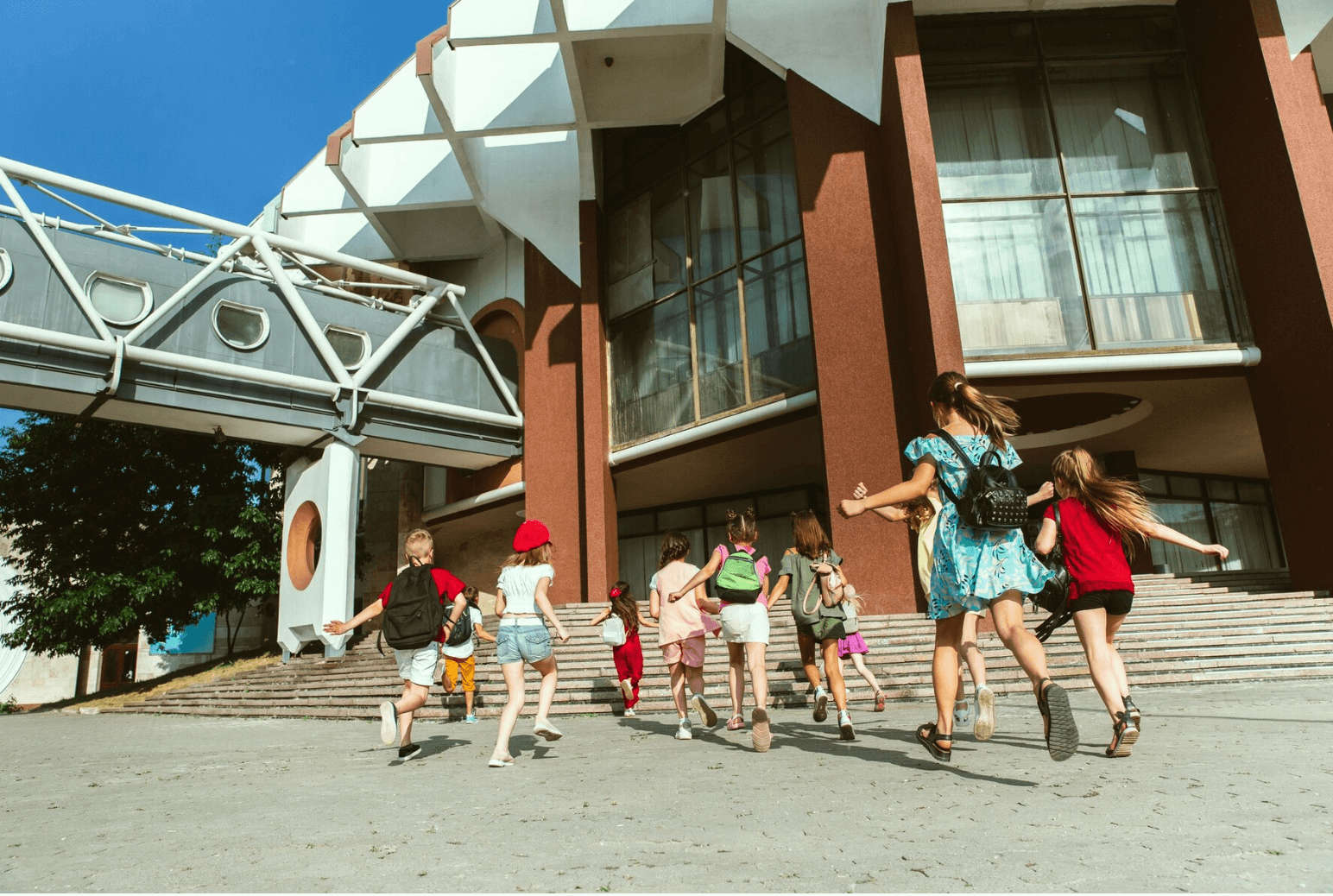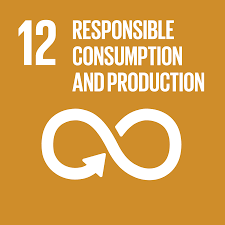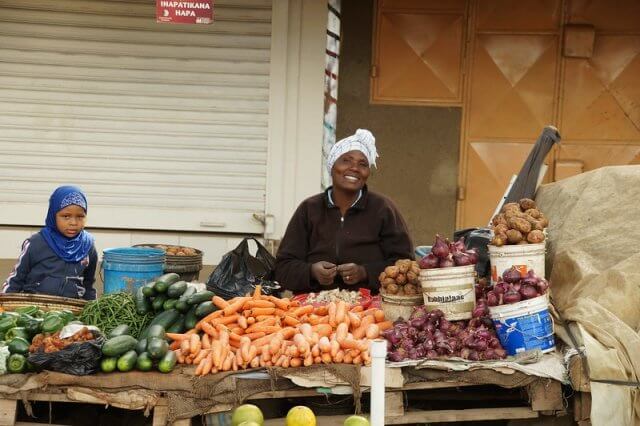The action and its aims
In an attempt to assess the efficacy of food education initiatives, Ede has undertaken two thorough evaluations. One of these assessments centres on analysing the expenses and advantages linked to food education in primary schools in Ede. The primary objective of this evaluation is to assess the influence of food programming education on primary school students, especially in regard to its societal benefits.
When was it introduced
This analysis was conducted between 2021 and 2023.
Why was it needed
In 2012, through a collaborative process, the city council formulated a vision document for the city, elevating food as one of its 10 key priorities. The overarching aim for Ede is to secure access to healthy and sustainable food for all residents. By 2015, the municipality of Ede had crafted the Visie Food!, which presented a comprehensive food vision and strategy. The Ede food team actively seeks collaboration and opportunities for cooperation with various policy departments including education. Ede initiated a few activities, such as raising awareness among residents and implementing food education projects. In line with this vision, the City of Ede conducted research on the effects of food education.
Who initiated it, who was involved
The analysis was initiated by the Municipality of Ede.
Impacts to date
The analysis has shown that food programming education involved some immediate and long-term costs, but were outweighed by significant societal benefits, notably in the form of reduced expenditure on physical and mental health of the children involved.






